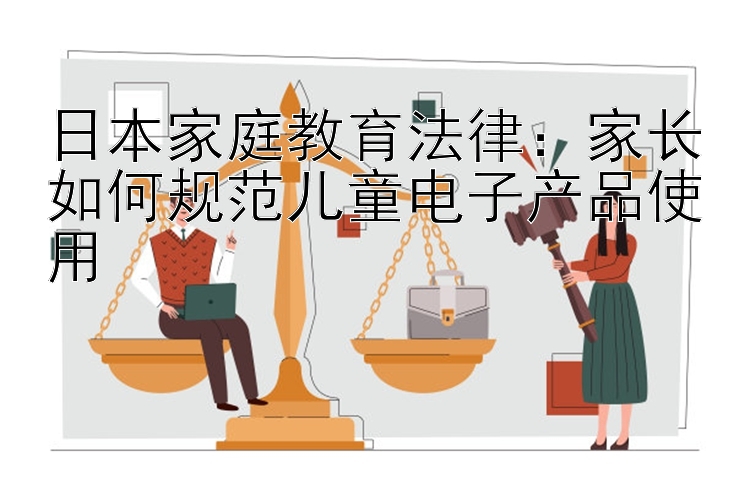守护成长:德国法律框架下的家庭教育如何助力儿童个性化发展
在德国的法律框架下,家庭被认为是一个重要的社会基本单位,承担了许多责任和义务,包括对儿童的教育和培养。德国宪法(Grundgesetz)明确保障了家庭的权利和自由,同时要求父母有责任确保他们的子女接受适当的教育和培训,以促进其个性发展和自我实现。本文将探讨德国法律体系中有关家庭教育的法律规定,以及这些规定如何支持儿童的个性化发展。
1. 宪法基础
根据《德国基本法》第6条第2款,“家长有权并负有义务,使他们的孩子接受符合人性尊严的学校教育和其他教育”。这一条款强调了家庭教育的重要性,同时也为家长提供了法律上的指导原则。此外,第7条第1款规定,“每个人都有权根据自己的能力和意愿接受适当的教育”,这进一步表明了对个人发展的重视和对教育多样性的尊重。
2. 民法典中的相关规定
德国的民法典(Bürgerliches Gesetzbuch, BGB)也包含了一系列关于家庭和教育的规定。例如,在第1630条至1645条之间,详细说明了父母对未成年子女的教育、照顾和管理职责。其中特别提到了父母应该考虑到孩子的性格特点和个人愿望,以确保每个孩子都能得到最适合他们需求的教育。
3. 学校教育与家庭教育的关系
尽管德国法律规定所有适龄儿童都必须接受义务教育(Schulpflicht),但这也并不意味着家庭教育可以被忽视或取代。相反,许多联邦州鼓励和支持家庭参与学校的决策过程,以便更好地适应学生的个体差异。例如,在某些地区,家长可以通过学校委员会(Schulrat)或者家长代表(Elternvertreter)等形式参与到学校的管理和决策中。
4. 特殊教育和融合教育
为了满足不同能力水平和学习风格的学生需求,德国提供了一系列的特殊教育和融合教育服务。根据《残疾人平等机会法》(Behindertengleichstellungsgesetz),残疾学生应享有与其他学生同等的教育机会。这意味着无论是在普通学校还是在专门的特教机构中,都需要采取措施来确保所有儿童都能获得适合自己能力的学习环境。
5. **案例分析:
In this section, we will analyze a specific case that illustrates how German law supports the individual development of children through family education. The following hypothetical scenario is used to demonstrate legal principles and their application in real-world situations:
Case Study: Familie Müller v. Schulverband Berlin (20XX)
The case revolves around the educational rights of Tim Müller, an eight-year-old boy with cerebral palsy who uses a wheelchair for mobility. Despite relying heavily on his chair due to limited leg function, Tim was initially denied access to his local primary school because it lacked proper ramps and elevators. His parents, Mr. and Mrs. Müller, filed a lawsuit against the School Association under the Disability Equality Act.
Legal Analysis: Under the Disability Equality Act, Tim had the right to equal opportunities in education regardless of his disability. The court recognized that denying him admission based on accessibility issues would be discrimination and therefore illegal. As such, the school district was ordered to make the necessary modifications within a reasonable time frame or face penalties.
Outcome: Tim was allowed to attend his neighborhood school after appropriate adjustments were made, ensuring he could participate fully in all aspects of school life. This decision not only benefited Tim but also set a precedent for other disabled students seeking accessible learning environments across Germany.
Conclusion:
In conclusion, German law recognizes the crucial role that families play in fostering the holistic growth and unique talents of each child. By providing legal protections and guidelines for parental responsibilities regarding education, the country's legal system aims to ensure that every child has the opportunity to reach their full potential, irrespective of their abilities or circumstances. Through collaboration between schools, communities, and families, the German approach to education seeks to create conditions where children can thrive individually while contributing positively to society as a whole.








